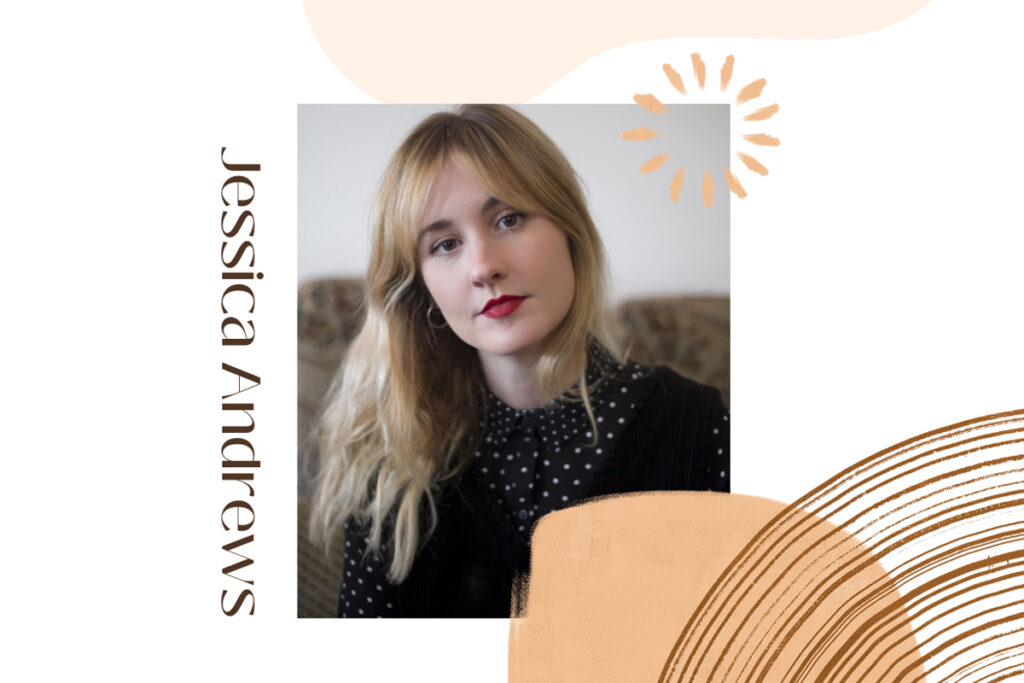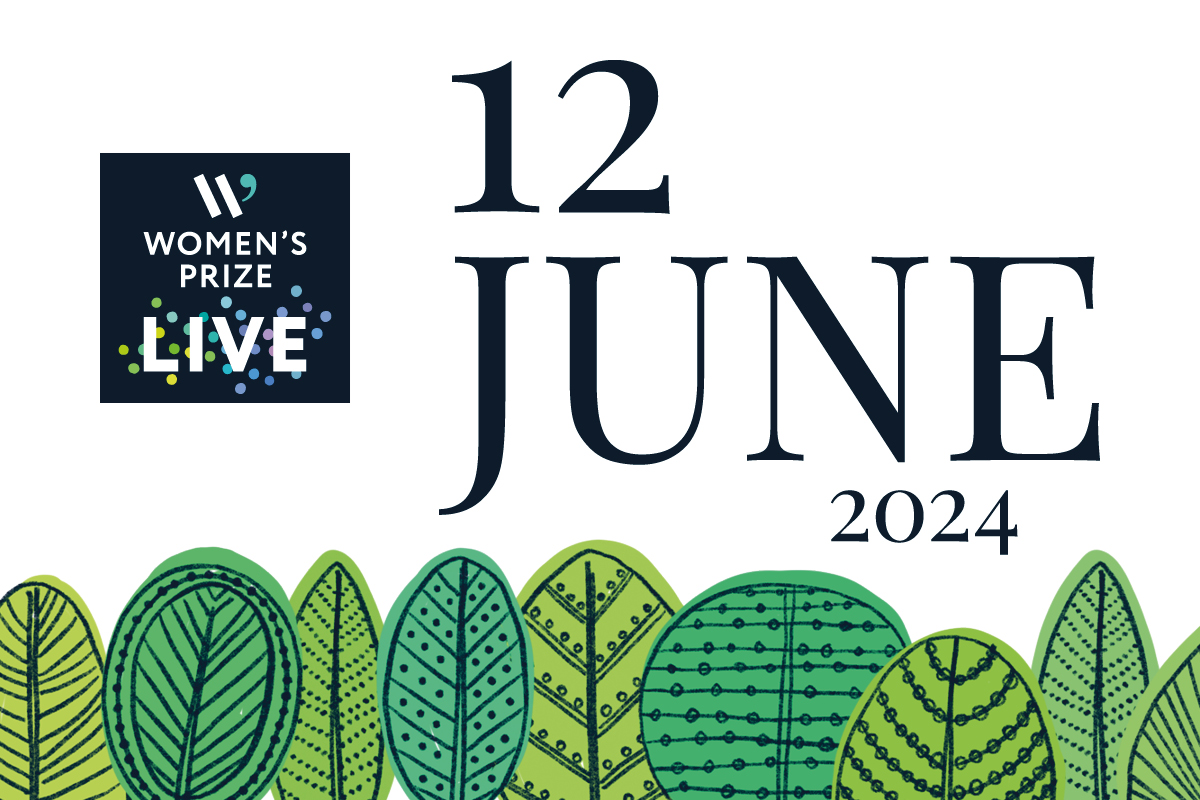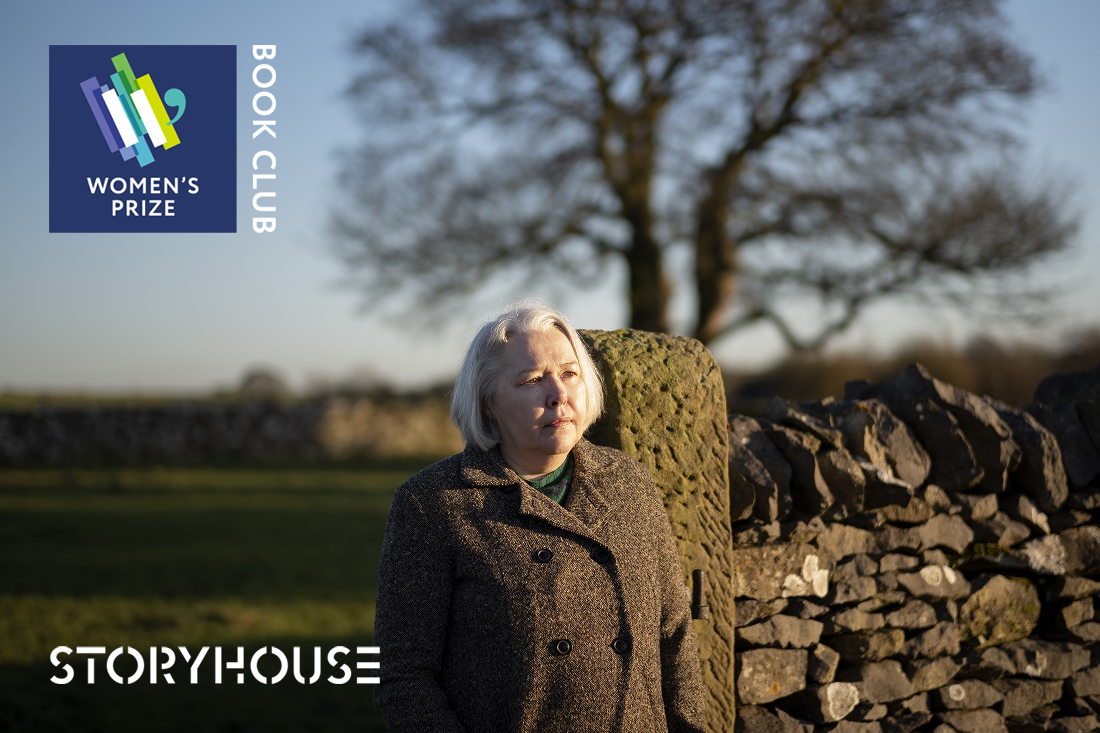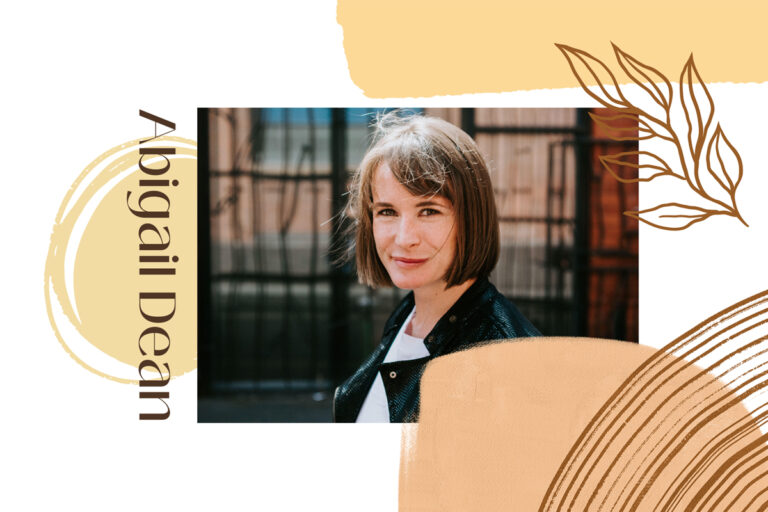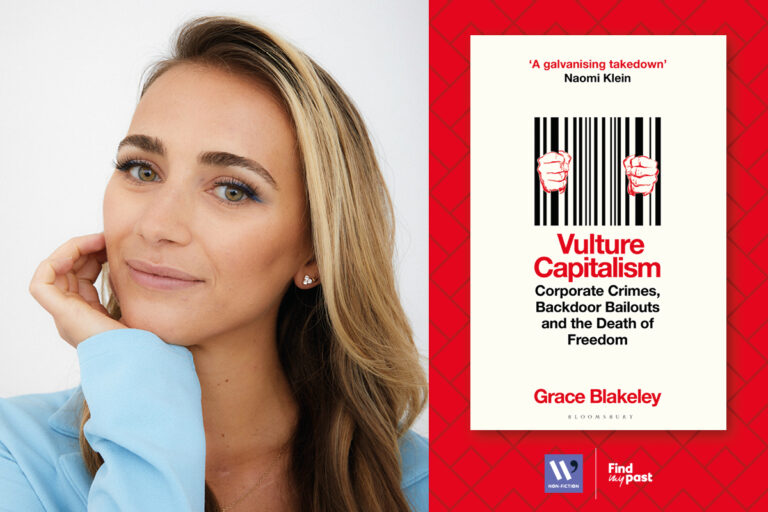To celebrate 100 years of Good Housekeeping magazine, we’ve teamed up to launch the Women’s Prize x Good Housekeeping Futures Award.
A panel of inspiring judges have been tasked with finding the most promising female authors under the age of 35 and under who are exciting, boundary-changing, and inspirational. In other words, the classics of tomorrow for today.
We sat down with Jessica Andrews, one of the novelists chosen for the award, to discuss her inspirations.
Tell us about the inspiration behind your most recent novel.
I wrote Saltwater because I wanted to explore the hot, sticky knot of a mother-daughter relationship and the way that hurt and responsibilities are passed down through generations of women, in order to question whether or not we ought to carry them. I wanted to give a lyricism to ordinary, working-class experiences that are not often deemed worthy of poetry and to find a language for feelings I found shameful and difficult to articulate, around my own class background and family complexities.
Tell us about your journey to publication.
I was living in London, juggling bar work with tutoring jobs. I wanted to write a novel and when my grandfather in Ireland passed away, leaving an empty, run-down cottage on the west coast of Donegal, I decided to go there to write. It is a remote place and I can’t drive, which was challenging in different ways, but I had plenty of time and space for writing. While I was living there, I got an email from an agent who had read a short story I had published in an anthology and was interested in my work. I sent him Saltwater when it was finished and we edited it together and then sent it to publishers. I decided to go with Sceptre because my editor also writes poetry and this seemed like a good fit for my novel, as some of the short chapters are almost prose poems.
What motivates you as an author?
I love language and reading a brilliant sentence by another author makes me excited about writing. Sometimes I picture a good sentence like feeling along the words for the most tender place to stick in a knife (or a word) and then twisting it until it hurts. I am also drawn to the power of claiming a narrative. Manipulating the world on your own terms, or naming things for yourself can be a powerful act, particularly if you don’t hold a lot of power in reality.
What do you think you’d be if you weren’t a writer?
I would really like to be a hairdresser. I love the intimacy of it; touching someone and talking to them, the power of transformation, watching someone change over the years.
WP X GH Futures is about celebrating the female voices of the future – what do you hope to have achieved as a writer in ten years’ time?
I believe that writing novels is about connecting with the world outside of them and I hope my work contributes to conversations around class, the body, agency and gender and that the circumstances my characters find themselves in say something about the societal structures we all navigate.
Alongside my writing, I co-run The Grapevine, a literary zine aimed at platforming under-represented writers and I would love to turn this into a small feminist press one day. I also co-host a literary podcast, Tender Buttons, which attempts to demystify the writing process as a way of pushing back against the elitism of the literary world and in the coming years, I hope that I will continue to reach for openings.
